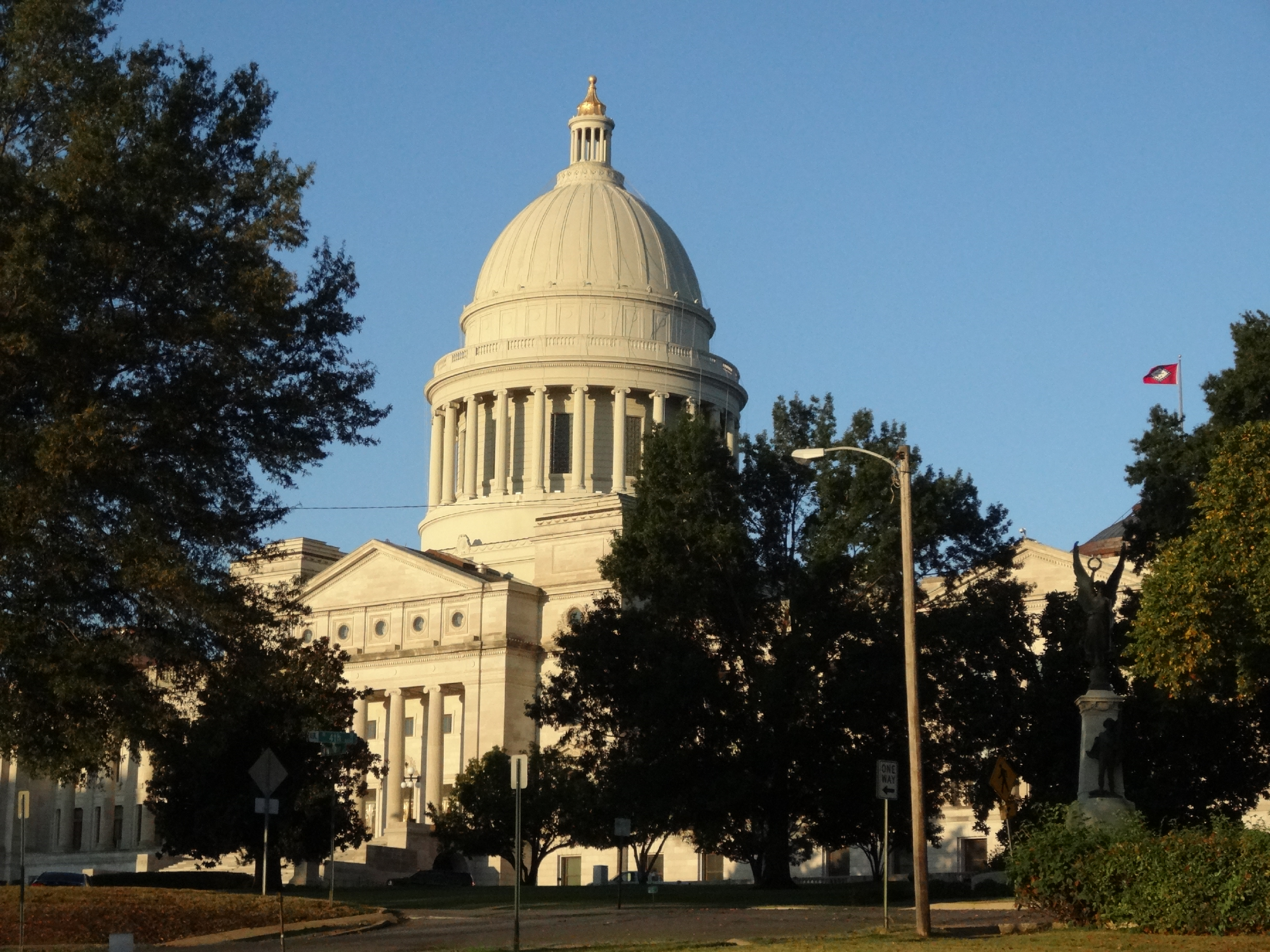 Synopsis: On Friday, May 13, the Obama Administration’s federal Department of Education and federal Department of Justice jointly issued a set of guidelines reinterpreting federal law for schools that receive public funds—like K-12 public schools and many colleges and universities. The guidelines indicate that to continue receiving funds these schools must let biological males who claim to be female use the girls’ restrooms, locker rooms, showers, and similar facilities at school, and vice versa. The guidelines also address male and female student housing at schools. Needless to say the new federal guidelines have created quite an uproar. Below are some questions and answers providing an overview of the guidelines and their implications.
Synopsis: On Friday, May 13, the Obama Administration’s federal Department of Education and federal Department of Justice jointly issued a set of guidelines reinterpreting federal law for schools that receive public funds—like K-12 public schools and many colleges and universities. The guidelines indicate that to continue receiving funds these schools must let biological males who claim to be female use the girls’ restrooms, locker rooms, showers, and similar facilities at school, and vice versa. The guidelines also address male and female student housing at schools. Needless to say the new federal guidelines have created quite an uproar. Below are some questions and answers providing an overview of the guidelines and their implications.
What Did the Obama Administration Issue? The Obama Administration’s federal Department of Education (DOE) and federal Department of Justice (DOJ) jointly issued a set of guidelines for schools receiving public funds. Federal guidelines are different from federal laws—which are passed by Congress. They are more like executive orders; these are directives explaining how government agencies and recipients of public funds should operate to comply with or carry out federal laws. In this case, the DOJ and DOE have issued guidelines purportedly explaining to schools how they should comply with Title IX of the federal education laws. The truth is the so-called “guidelines” drastically reinterpret federal law. The Executive Branch does not have the authority to change or reinterpret federal law.
What Do the Guidelines say? The guidelines are for schools that receive public funds and are affected by Title IX of the Education Amendments of 1972. Congress passed Title IX in 1972 to prevent discrimination in education on the basis of sex. The Obama Administration is trying to reinterpret federal law by claiming “sex” as used in Title IX actually means “gender identity,” instead of “biological sex.” As a result, the guidelines claim schools who receive federal funds must let boys who claim to be girls use the girls’ restrooms and locker rooms; they cannot be asked to use a separate facility of any kind, if they do not want to. These guidelines represent a gross and inaccurate reinterpretation of a longstanding federal law.
Do These Guidelines Affect Schools in Arkansas? Yes. The guidelines affect schools that receive public funds in all fifty states—including Arkansas.
What Should Schools Do? Many experts say schools should protect student safety and privacy by disregarding these federal guidelines. Giving any male who claims to be a female access to the girls’ bathrooms and locker rooms—and vice versa—fails to protect students’ privacy and safety. Many attorneys believe it is reasonable for schools to let students who disagree with their biological sex use a separate facility—such as a single-stall, unisex restroom or shower—as many schools around the country have done. However, it is potentially dangerous to give students of all ages free rein to pick and choose which restrooms or locker rooms they use.
Why Did the Obama Administration Issue These Guidelines? It is unclear. States and municipalities have passed legislation dealing with this issue in varying ways. Some jurisdictions say each student must use the facility that corresponds with his or her biological sex. Other jurisdictions let students use the facility of their choice. Others make single-stall, unisex restrooms or similar facilities available for students who disagree with their biological sex. Moreover, this issue has been and is currently being litigated in different courts. These radical, new guidelines from the federal government further polarize a complicated situation and seem completely unnecessary.
What Does This Mean for Public Schools? Public schools are now caught between a rock and a hard place. If they comply with the guidelines, they may face lawsuits from students and their families; currently 51 families in one Illinois school district are suing the district and the DOE because the school adopted a policy letting a boy in the girls’ locker rooms. However, if schools do not follow the guidelines, they may be penalized by the federal government—which may land the school in court. The safer route, however, seems to be for schools to side with students by protecting student privacy and upholding student safety; that means keeping boys out of the girls’ restrooms, and girls out of the boys’ restrooms, plain and simple.
What Does This Mean for Colleges? Besides affecting restrooms and locker rooms, colleges and universities could be forced to let biological males room with female students; the guidelines say, “a school must allow transgender students to access housing consistent with their gender identity and may not require transgender students to stay in single-occupancy accommodations.” Colleges that do not comply may face legal action from the federal government, while colleges that do may face lawsuits from students.
Do These Guidelines Affect Sports? Title IX has been used to ensure schools provide girls’ sports as well as boys’ sports, and that girls as well as boys have ample opportunity to participate in interscholastic activities. Reinterpreting Title IX could force a school or college to let a biological male who claims to be female play girls’ sports. In 2014 a transgendered martial artist brutally injured a female opponent in a mixed martial arts fight, giving her a concussion and breaking her eye socket. The federal government’s new guidelines could place female athletes at increased risk.
Does this Affect Private Schools? It is unclear. Most K-12 private schools receive no federal funds, so federal Title IX guidelines would not apply to them. However, lawsuits challenging private school restroom and dressing room policies could result in courts ordering private schools to accommodate transgender students in a way similar to the Title IX guidelines. Private K-12 schools that receive or benefit from federal funds are affected by these guidelines. However, Title IX contains provisions protecting religiously-affiliated schools from being forced to violate their religious tenets in order to comply with Title IX. For example, a seminary linked to a denomination that does not ordain women for ministry arguably cannot be forced to admit and ordain women under Title IX.
How Do These Guidelines Affect Student Safety and Privacy? Gender-identity is self-determined, so there is no way to prove a person who claims to disagree with his or her biological sex is being genuine. If a male student claims he is a female, the school must take his word for it. Under these guidelines, the school also must let him use the girls’ restrooms and similar facilities, if he wants. This gives a male trying to access the girls’ restrooms, locker rooms, and showers an easy way to do so, and it gives the school very few tools with which to stop him.
What Can We Do to Put a Stop to This? Congress must take action. Congress passed Title IX as part of the Education Amendments of 1972. Congress has the power to change Title IX to clarify the meaning of the word “sex” in Title IX. By passing a very simple amendment clarifying that for purposes of Title IX, “sex” means “biological sex,” and not “gender identity,” Congress very easily can stop the Obama Administration from forcing its ridiculous reinterpretation of federal law on public schools all over the country. Additionally, states and schools may take the federal government to court if the government attempts to withhold public funds from schools because they decline to go along with the federal government’s radical reinterpretation of federal law.




